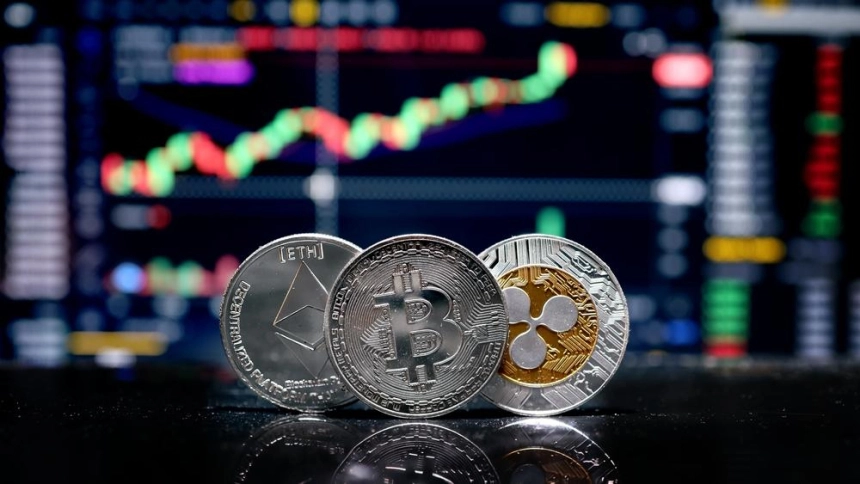Listed companies in the United States are taking a more aggressive stance on BTC. This is even more proactive than the much-discussed Exchange Traded Fund (ETF). For three consecutive quarters until the second quarter of 2025, they have purchased more BTC than the ETF.
This trend indicates a strategic shift in corporate treasuries adopting Bitcoin as an asset.
Listed Companies Are Practically Leading Bitcoin Reserves
Just a month ago, BeInCrypto reported that over 60 companies are following MicroStrategy's Bitcoin strategy. This report came out before the end of the second quarter.
According to the latest survey, public companies continue to maintain the MicroStrategy strategy and are becoming increasingly mainstream in the United States' crypto-friendly regulatory environment.
According to Bitcoin Treasury data, public companies increased their BTC holdings by about 18% in the second quarter, adding approximately 131,000 BTC.
While the Bitcoin spot ETF has maintained steady popularity since its launch in January 2024, it only increased its holdings by 8% in the second quarter of this year. During this period, about 111,000 BTC was added to the ETF.

This trend shows a clear difference in buyer behavior. While ETFs are generally for investors wanting exposure to Bitcoin's price through regulated financial products, public companies are purchasing BTC from a long-term strategic perspective.
They hold BTC as a reserve asset to increase shareholder value or to gain exposure to what many see as digital gold.
This change is particularly significant in the context of US policy. After Donald Trump's re-election, the regulatory environment has become favorable to the cryptocurrency industry.
In March, Trump signed an executive order establishing a US Bitcoin reserve. This symbolic but powerful measure significantly reduced reputational risks associated with corporate BTC holdings.
The last time ETFs led BTC purchases over corporations was in the third quarter of 2024, before Trump's re-election.
New Corporate Entries... Increasing Number of Companies Adopting Bitcoin Holding Strategies
This quarter's surge included notable movements like GameStop. The electronics company, once at the center of retail trading frenzy, began accumulating BTC after approving it as a financial reserve asset in March.
Similarly, healthcare company KindlyMD merged with Bitcoin investment company Nakamoto, founded by crypto advocate David Bailey.
Meanwhile, Anthony Pompliano's new investment vehicle ProCap announced its own BTC accumulation strategy while preparing to go public through a SPAC.
We now hold more bitcoin than Gamestop.
— Anthony Pompliano 🌪 (@APompliano) June 25, 2025
The race is on to acquire as many bitcoin as possible.$CCCM $GME pic.twitter.com/Z2RdDl1nYi
Nevertheless, Strategy (formerly MicroStrategy) maintains a clear lead in the corporate Bitcoin competition, managing 597,325 BTC. Mara Holdings follows with 49,940 coins.

Public companies now hold approximately 855,000 BTC, which represents about 4% of Bitcoin's fixed supply of 21 million.
While ETFs still hold an absolutely larger amount (about 1.4 million BTC or 6.8%), corporate purchasing momentum was stronger in the recent quarter.

The long-term sustainability of the corporate Bitcoin trend is debatable, but the short-term momentum is clear.
As Bitcoin becomes more normalized, traditional institutional investors can bypass agents like ETFs and ultimately gain direct exposure through regulated channels. However, corporate treasuries are acting as a powerful new mechanism driving Bitcoin forward.
As the regulatory environment aligns and the stock market provides new ways to access capital, companies are utilizing assets not just to hedge, but to generate performance.






